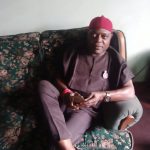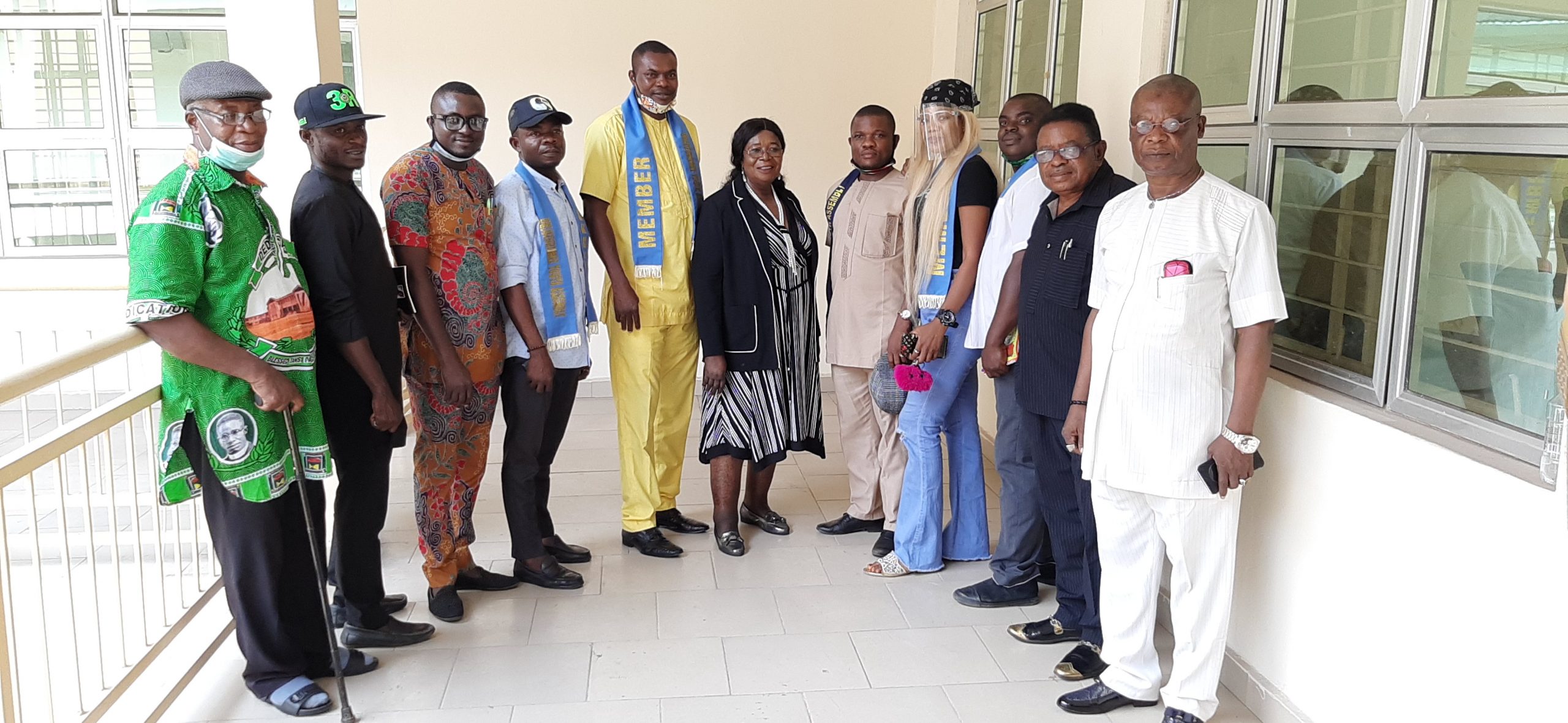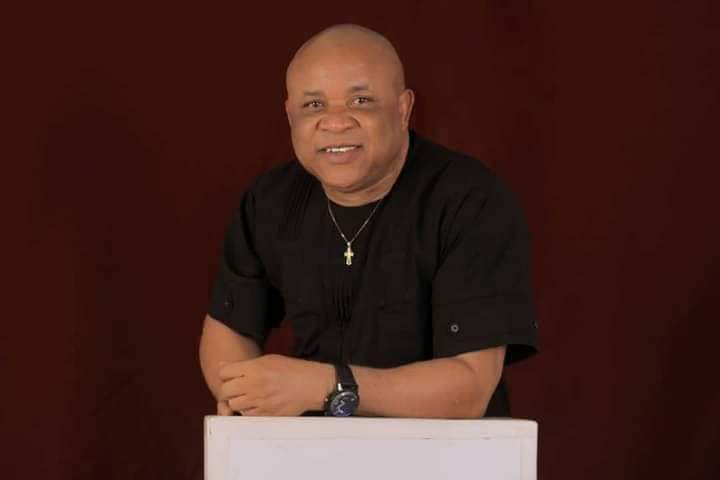Media and Gender Enlightenment Initiative (MEGEIN) in collaboration with World Association for Christian Communication (WACC) yesterday organized one-day training for journalists and media practitioners on the topic, “Gender implications of News output. Reinforcing the knowledge base of media practitioners”.
The event which held at IMSU harped on the need for African nations to bridge the gap in the inequality of men and women representation in the media industry which it said has become worrisome.
The Project manager, Dr Alexander Chima Onyewuchi in his address stated that, “the project was informed by the 2020GMMP Preliminary Report of March 4th, 2021 which indicated that women constitute 14% of news subject in all the 460 news stories coded. This implies that media practitioners do give more attention to male subjects in news as against their female counterparts in the same level and social status. This under-usage of women as news sources in news content seems to have contributed greatly to the level of gender inequality x-rayed in media news outlet.”
“It is worrisome that women are not given sufficient voice to help drive the social economic cum political development of the nation, despite the fact that they constitute about 60% of the population in the country. Even though there are pockets of complaints from journalists that women have declined being news sources in stories they have sufficient knowledge of or are victims (WACC and MEGEIN 2018-2019 Report), these complains are not sufficient in explaining why women are only 14% subjects of news stories (GMMP 2020 Preliminary Report, March 4th2021).
The comprehensive national report of GMMP 2020 indicated that there are more male gender practicing in the media than the female gender in the area of print, broadcast and new media. This could be part of the reasons why women were not given more attention as subject of news stories. Other reasons can be attributed to the gender knowledge of journalists reporting various topical issues in the media. In essence, it means that there is need to reinforce the knowledge of gender balance among journalists practicing in both the legacy and new media environment. This in essence will go to a large extent in achieving the Sustainable Development Goal No. 5 (Gender Equality) and create enabling environment for the sustainability of other national development programmes.”
It is at this point that this workshop becomes timely because of its aim of training 900 journalists from selected states across the southern part of Nigeria. Thesestates are selected from the three (3) geopolitical zones of the southern parts of the country namely: Southeast geopolitical zone (Enugu and Imo States), South South geopolitical zone (Rivers and Edo States) and South West geopolitical zone (Lagos and Oyo States). There will be workshops in each of the selected states where journalists will be trained on new indices and persuasive techniques to achieve gender balance in news sources and ways of making women consent to being sources of news stories.”








